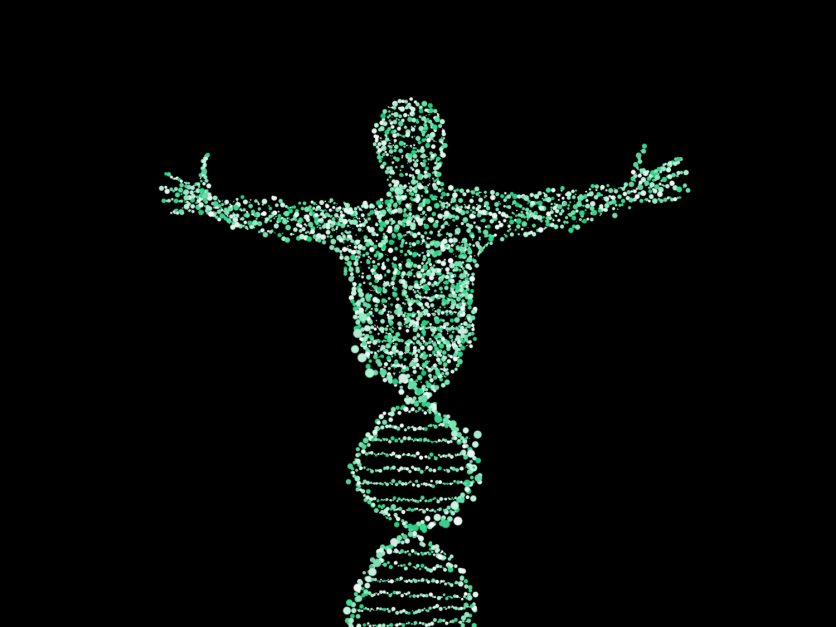He Jiankui, a Chinese scientist, shocked the world in November 2018 when he revealed that he had used Crispr to change the genetic makeup of human embryos, resulting in the birth of the first gene-edited babies.
But despite achieving such an advancement, he also faced backlash. The scientific community denounced his experiments as unethical and expressed worries about the gene-edited babies' health.

He was brought under home arrest and later imprisoned as a result of the experiment's widespread condemnation. A Chinese court found the researcher guilty in December 2019 and declared that he had "deliberately" broken medical laws and "rashly applied gene editing technology to human-assisted reproductive medicine."
The scientist has been using Twitter and the Chinese social media site Weibo lately to announce his next plans.
He claims to have established a new, independent lab in Beijing and plans to pursue both gene editing and gene therapy, a method that aims to treat genetic diseases by replacing damaged genes with healthy versions.
He was also previously a researcher at the Southern University of Science and Technology in Shenzhen.
Will He Create Crispr Babies Again?
The scientist told WIRED that he aims to help families with rare diseases. He clarified that he would focus on people that already have these diseases rather than introducing heritable mutations to embryos, which is what he did with the gene-edited babies.
Duchenne muscular dystrophy, often known as DMD, is the first illness he wishes to combat. DMD is a rare and severe genetic disorder that gradually saps muscle mass and almost exclusively impacts boys.
He wrote on Twitter that his goal is to start a clinical trial for DMD by 2025 and raise 50 million yuan ($7.2 million). Additionally, told WIRED that he intends to lower the cost of gene therapy.
However, his return to the scientific community is not without controversy, especially after gene-editing babies. His comeback poses ethical questions on whether scientists who engaged in questionable deeds should be met with open arms once again.
Ethical Concerns
Some scientists and ethicists believe He ought to have the opportunity to demonstrate his ability to produce work that is both ethically just and supported by science.
According to Sheila Jasanoff, professor of science and technology studies at Harvard University, the world will determine his veracity because his story is well-known enough in the general public.
She told WIRED that He's endeavors will definitely be taken with skepticism. Still, she does not see a moral justification for prohibiting him from publishing future works if his research goes through a peer review.
But the same could not be said for Kiran Musunuru, a gene-editing expert at the University of Pennsylvania and author of The Crispr Generation.
"I would not want this guy anywhere near any sort of clinical trial or in a context in which therapies are being developed and given to patients," Musunuru said in a statement with WIRED.
He did not issue a public apology for his Crispr work, which involved utilizing Crispr to alter the CCR5 gene to confer HIV resistance in Chinese babies.
Some persons of European origin naturally possess this feature, which prevents HIV from entering cells. The newborns' cells, however, displayed mosaicism, indicating that the editing wasn't consistent, according to He's data.
Up until now, it is still unknown if the editing yielded any negative health effects on Crispr babies.

ⓒ 2025 TECHTIMES.com All rights reserved. Do not reproduce without permission.




